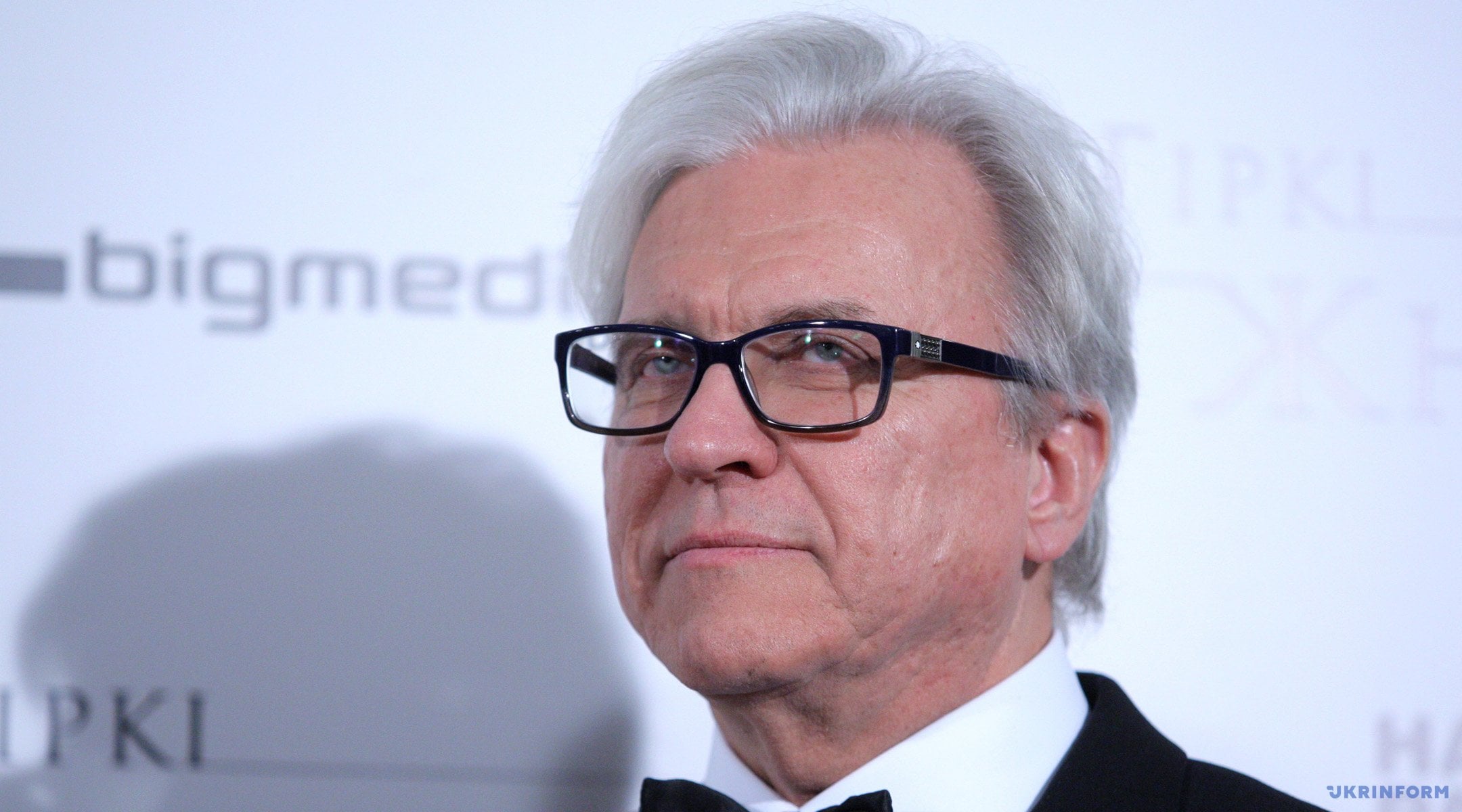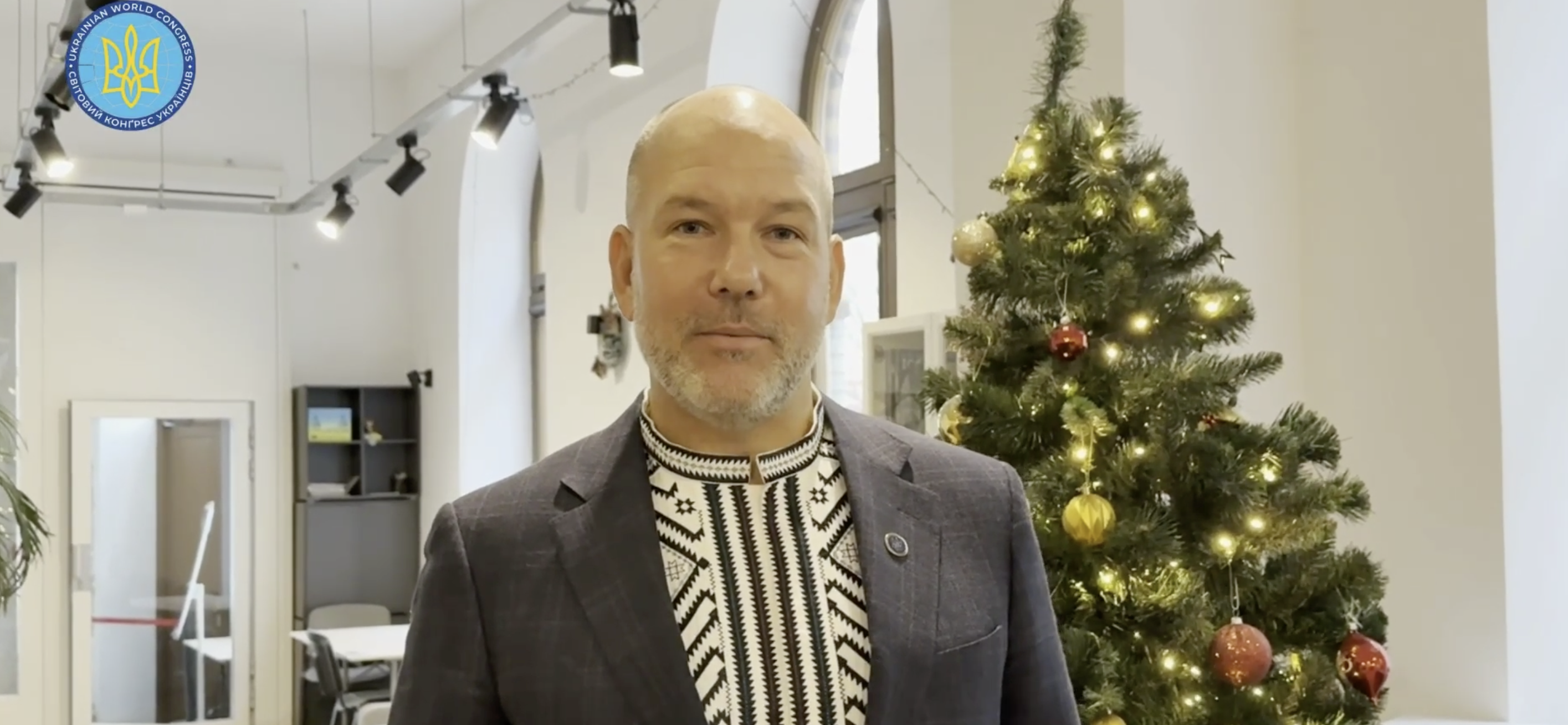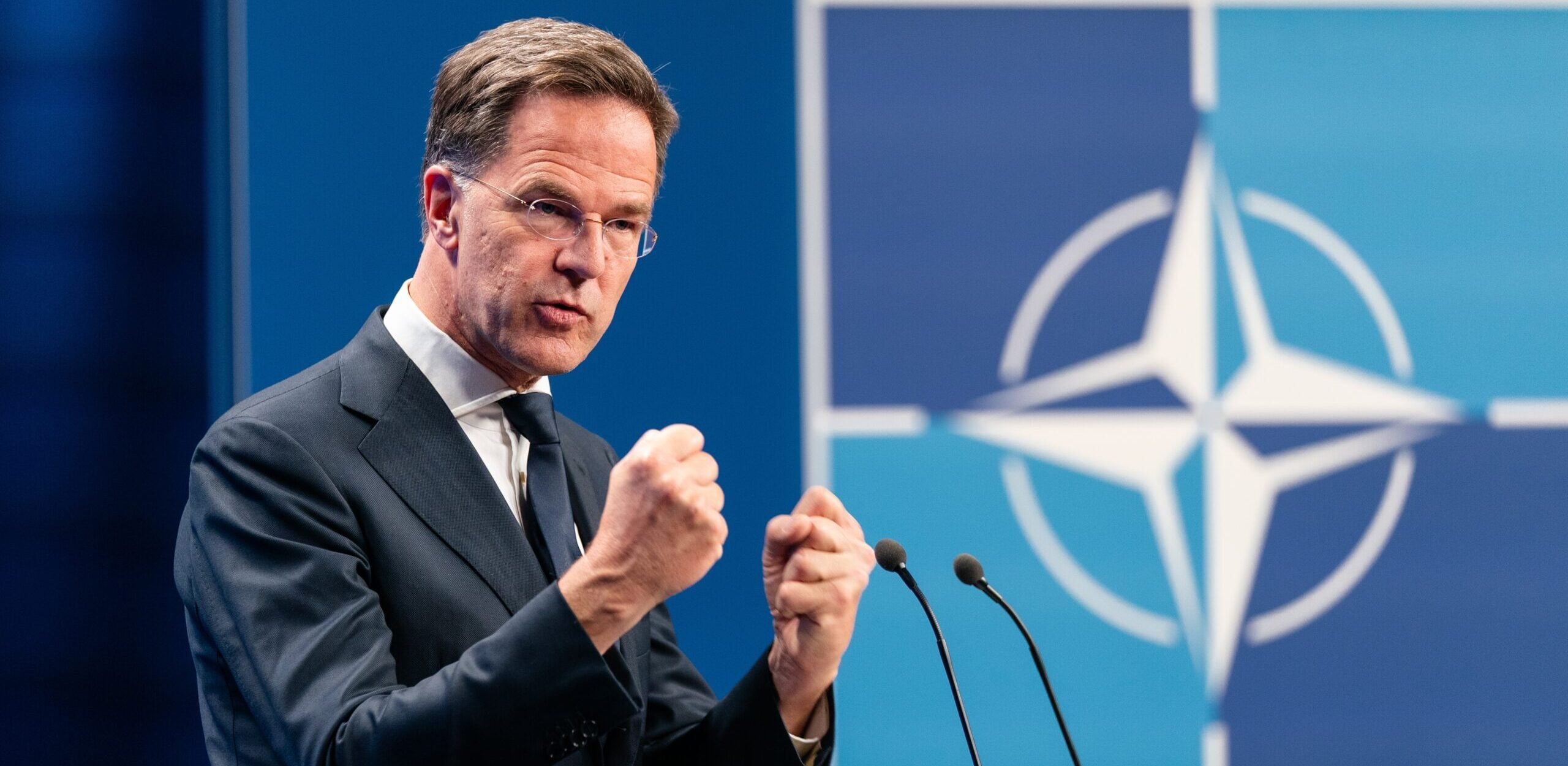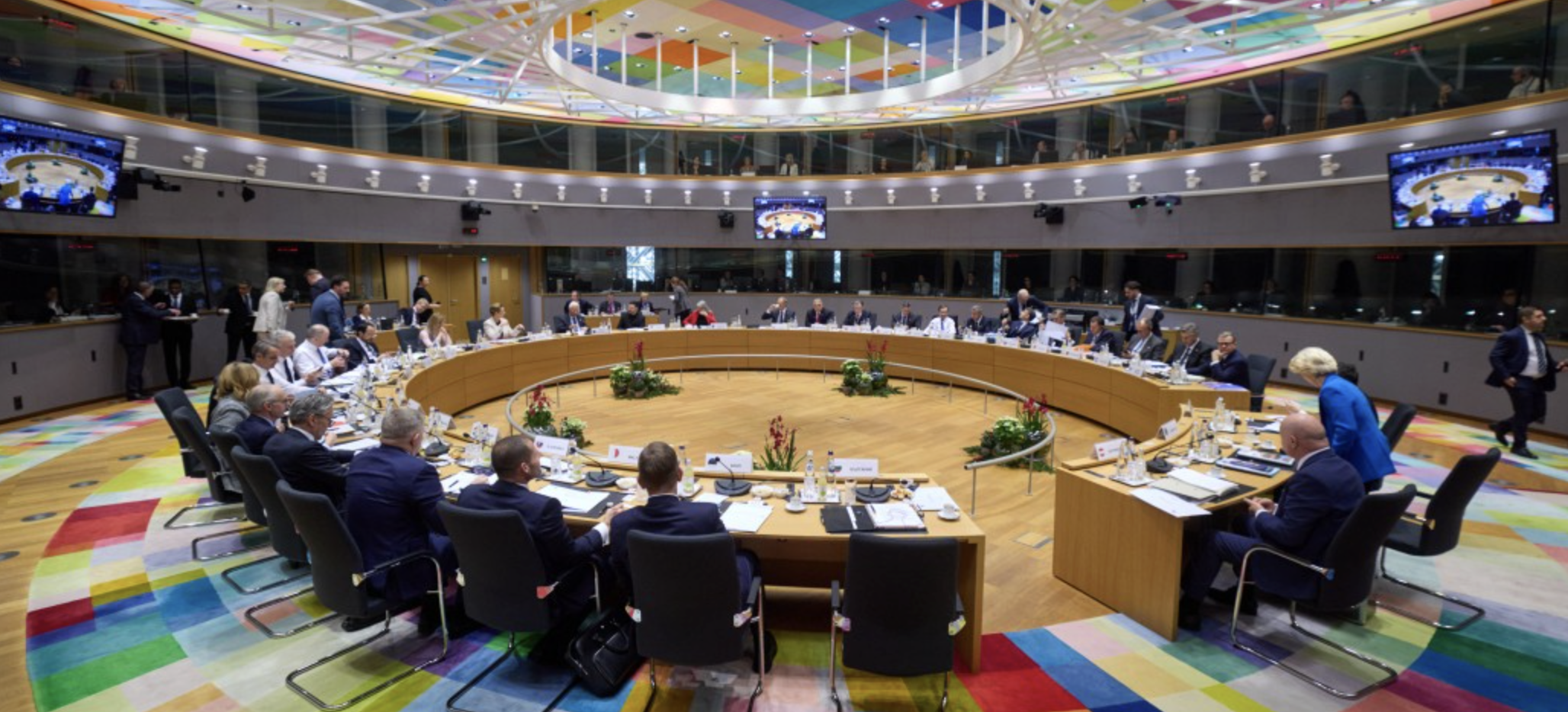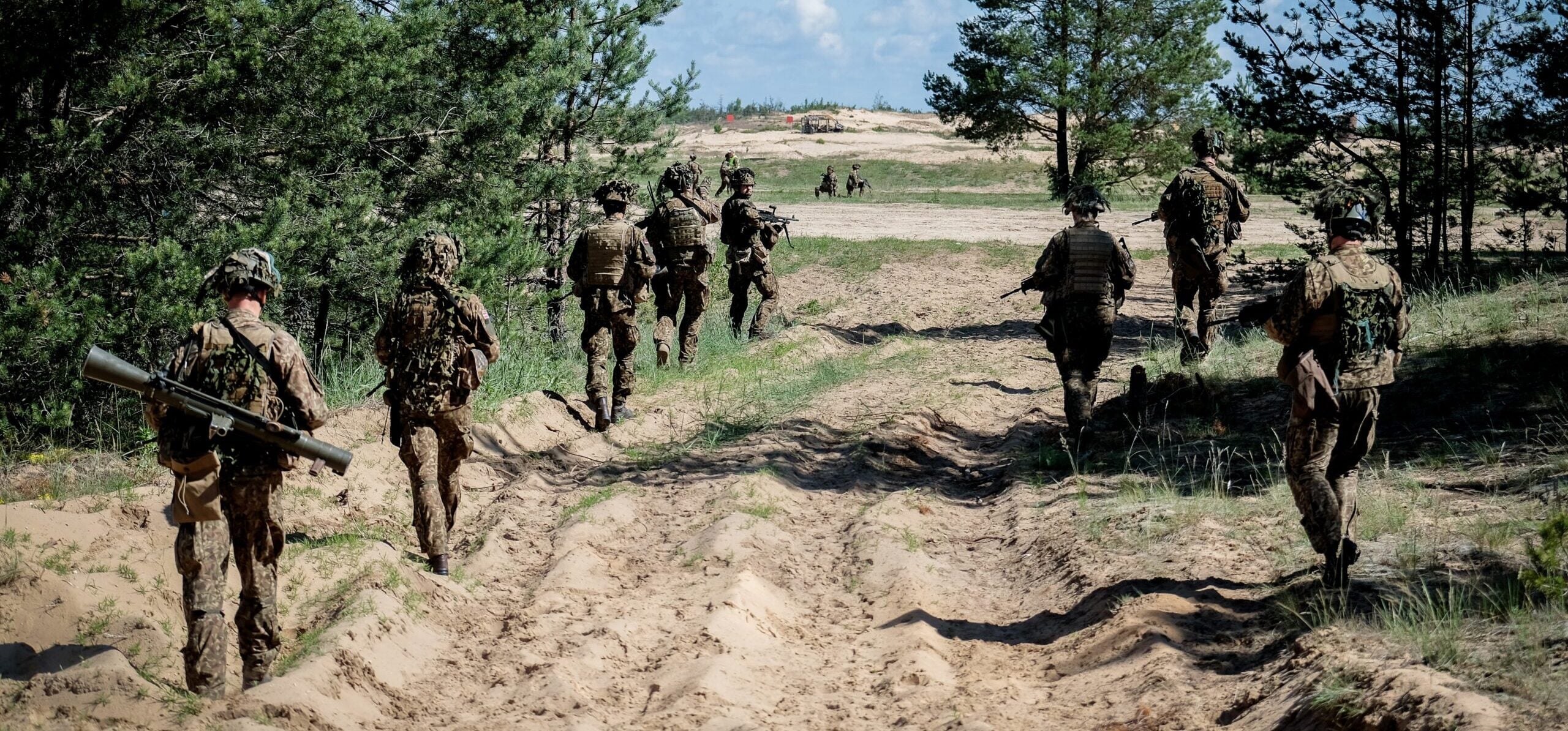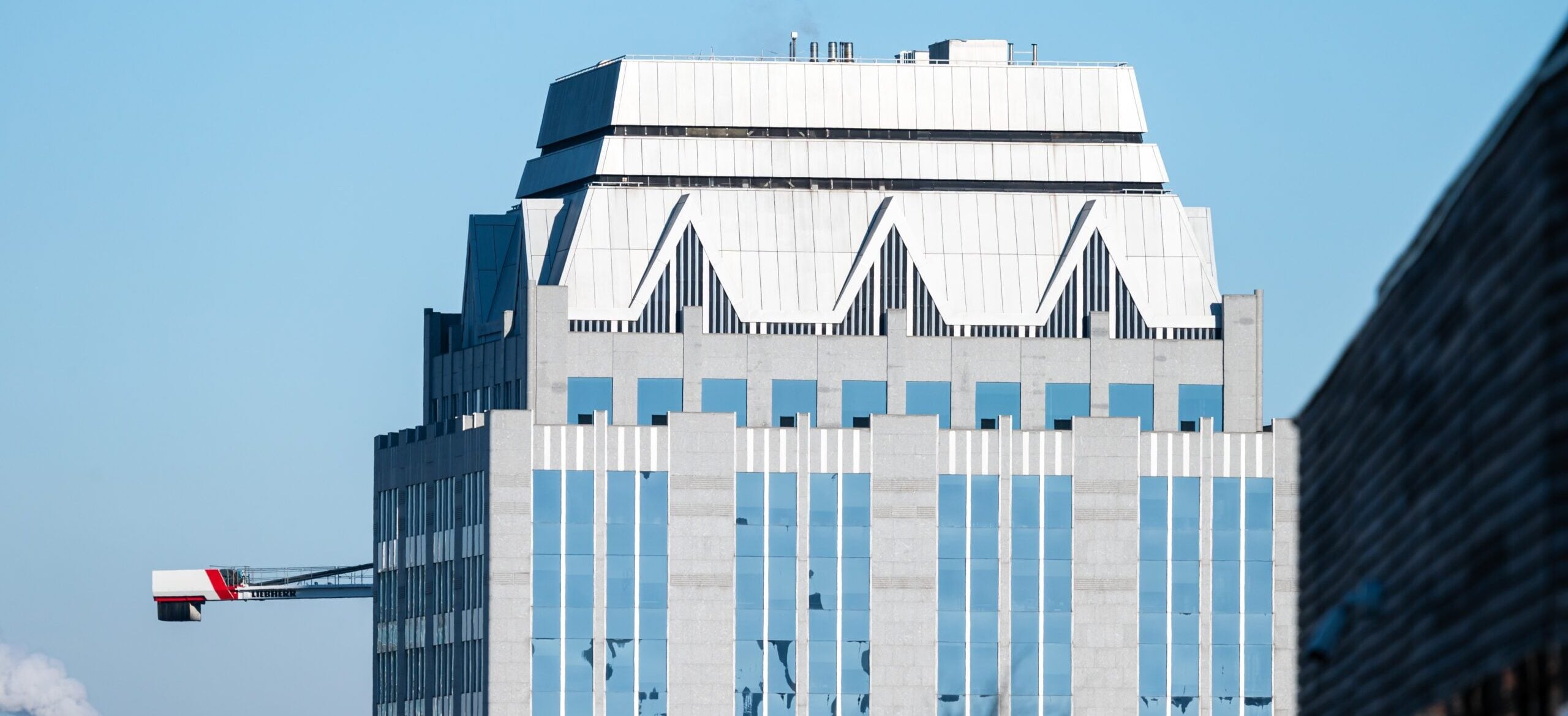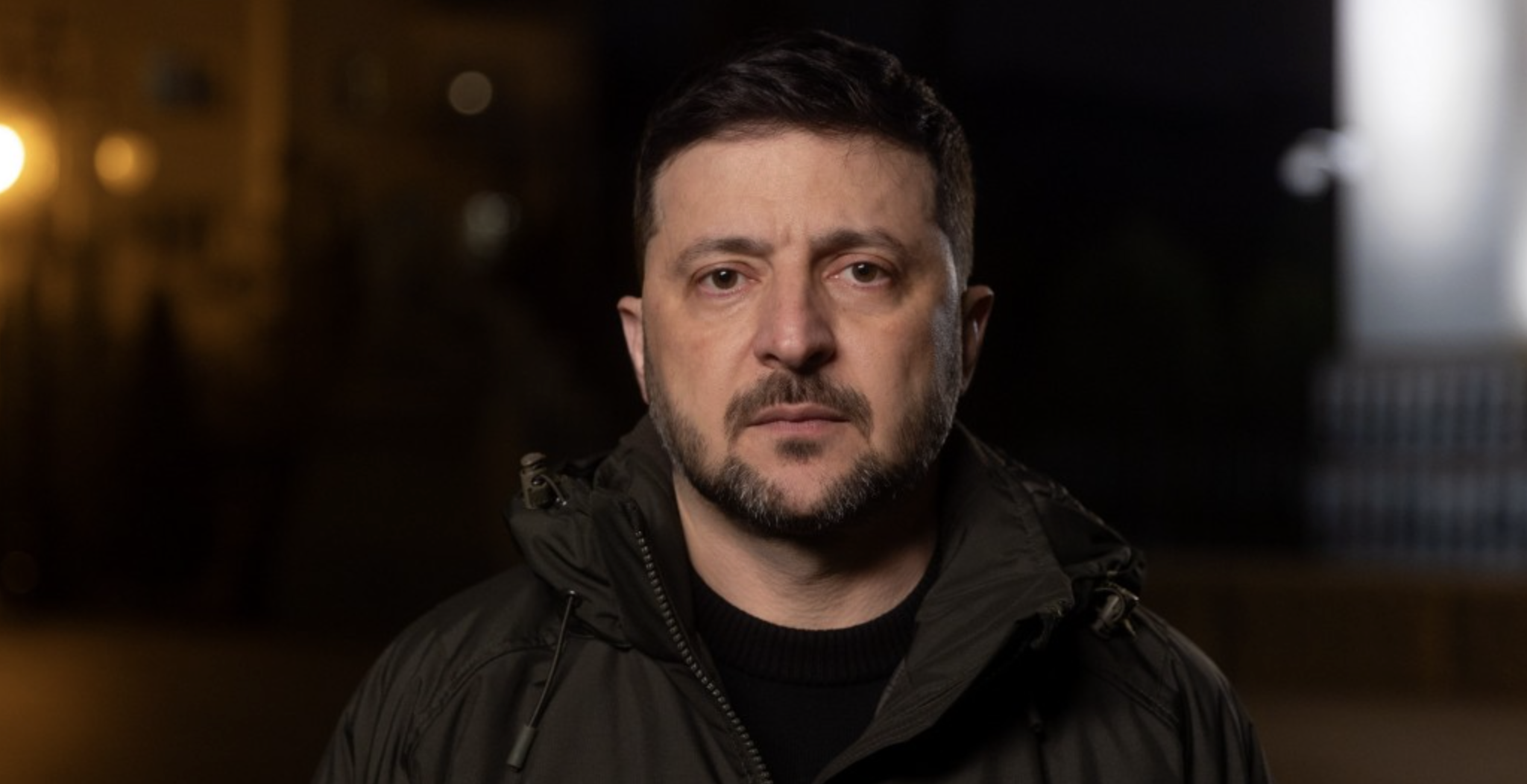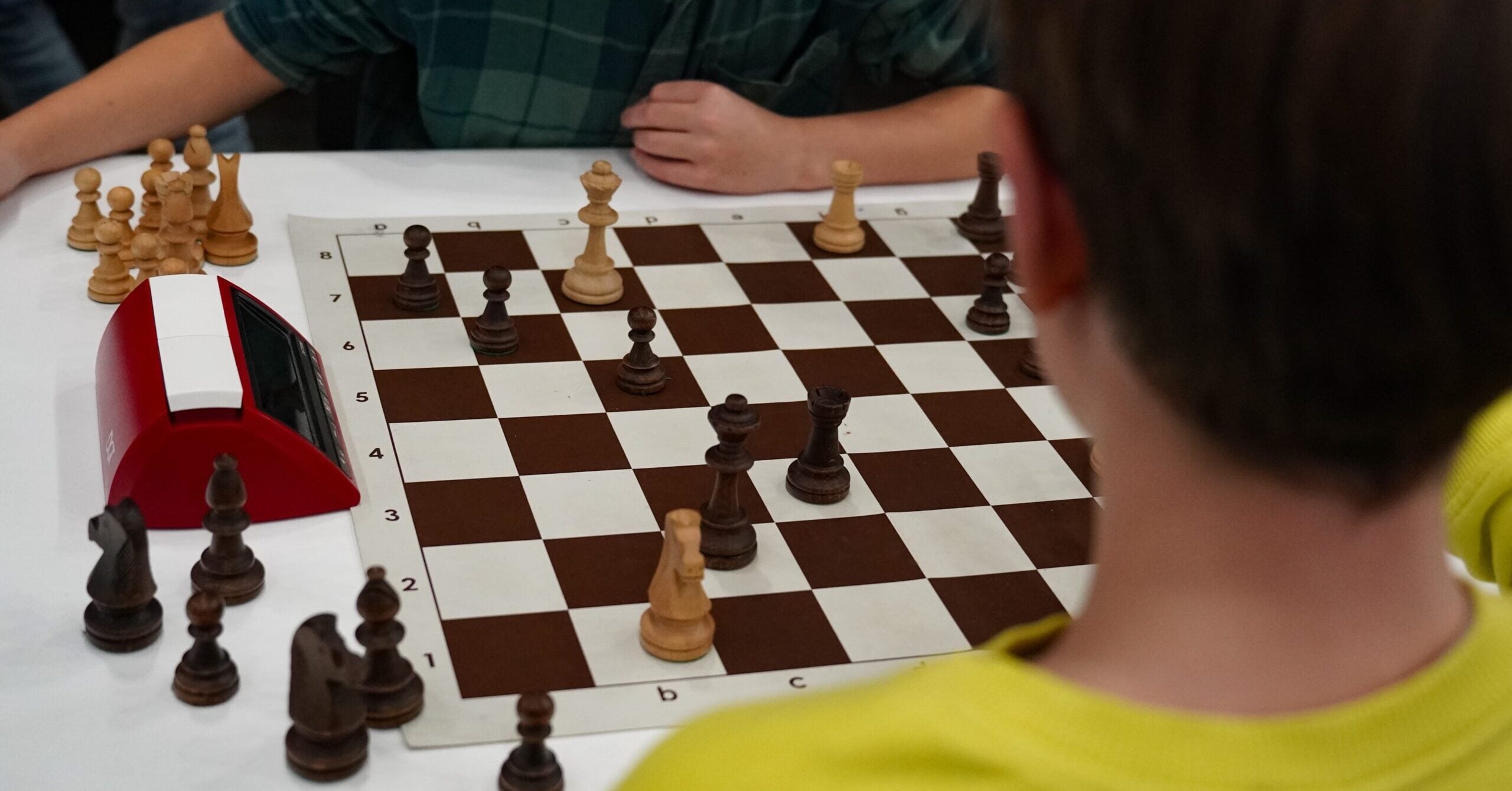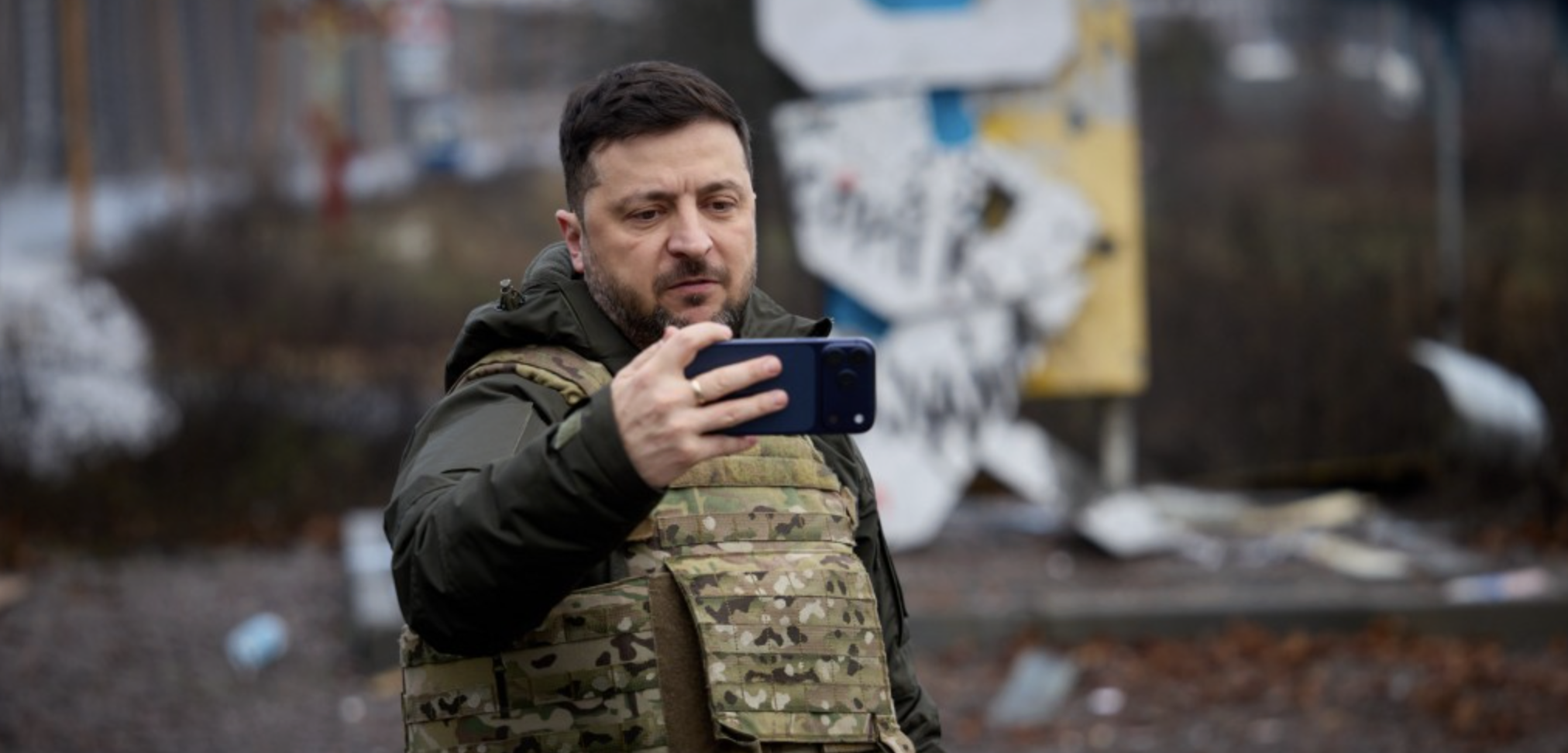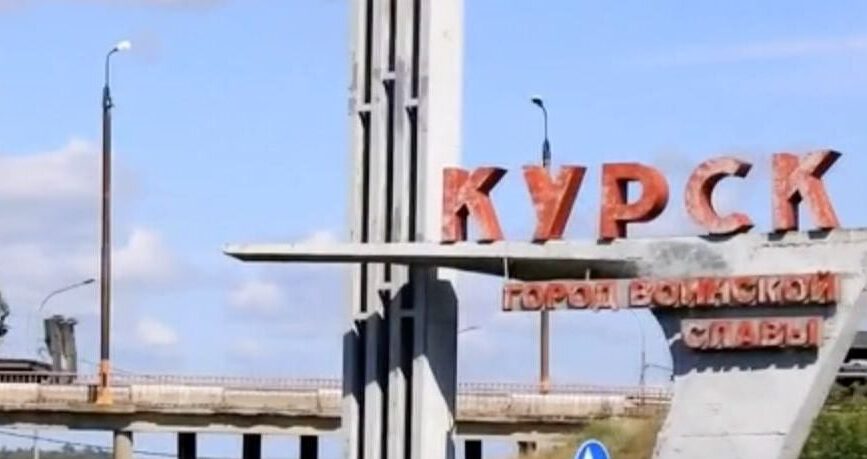
The fighting on Russian territory has entered a fourth day. Ukrainian forces advancing in the Kursk region may be as close as 30 kilometers to the city of Kurchatov, where the Kursk Nuclear Power Plant is located. The plant’s personnel and management are uncertain about what to do in case of occupation by Ukrainian forces. This has been reported by Russian “war correspondents,” who also mention that units of the Ukrainian Armed Forces have started constructing trenches and fortifications in the occupied parts of the Kursk region.
The Ukrainian military operation, initiated on August 6, continues to press forward and, based on information primarily from the Russian side, doesn’t seem to be meeting significant resistance from Russian forces. Meanwhile, the Ukrainian side continues to refrain from making any official comments regarding the events unfolding in the Kursk region of the Russian Federation.
From reports by Ukrainian and foreign military experts, it is known that the frontline in the region has now stretched to 50 kilometers. The city of Sudzha and, according to various estimates, 11 other settlements in the Sudzhansky district are already under Ukrainian control. Additionally, fighting continues on the outskirts of the neighboring district center, the town of Korenevo. Russian sources report “continuous air attacks” and disruptions to communication. Further to this, a state of emergency has been declared by the Kursk authorities.
During the battles, at least two battalions of the Russian Armed Forces are encircled near Sudzha. Russians are surrendering en masse, with the numbers of prisoners exceeding 200. According to experts from the American Institute for the Study of War (ISW), there is noticeable confusion and a lack of coordinated response from Russia to the audaciously successful Ukrainian campaign.
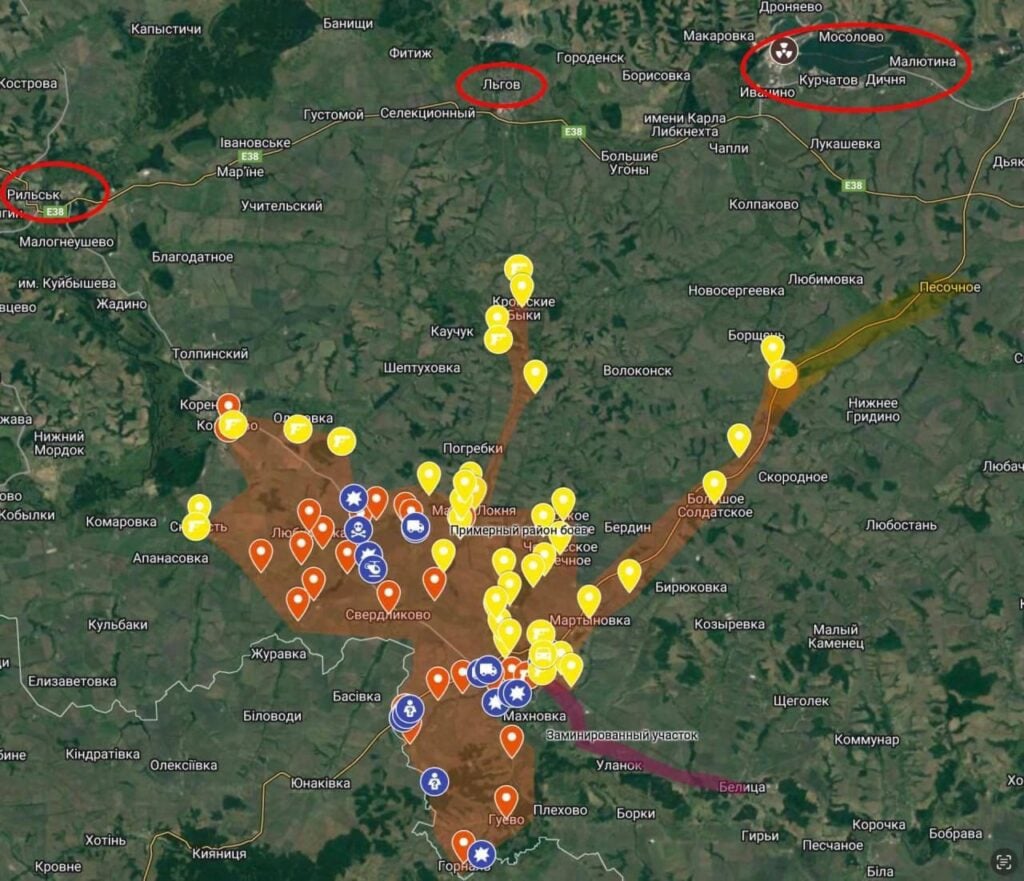
Map of the advancement of Ukrainian forces in the Kursk region of the Russian Federation as of August 8, 2024, according to renowned Azerbaijani military analyst Agil Rustamzade.
Meanwhile, developments in the Kursk region are being widely discussed in the international media. On August 8, the American publication The Washington Post, quoting an unnamed advisor to President Volodymyr Zelensky, reported that Ukraine currently has control of the Sudzha gas measuring station in the Kursk region. The publication also states that the sudden attack on Kursk is in part aimed at taking the war closer to home to Russia, as many Russians haven’t directly felt the impact of a war that has cost so many Ukrainian lives and devastated numerous Ukrainian villages, towns and cities.
Bloomberg notes how the Ukrainian invasion caught the Russian army off-guard and “turned everything upside down for Putin.” “This is the first time since World War II that the army of another country has invaded Russian territory,” they write.
Journalists from The Economist compare this new advance of Ukrainian forces into Russia to their rapid offensive in the Kharkiv region in late 2022. Intelligence sources told the media that Russia is trying to halt the advance by deploying its elite troops. Ukrainian forces only push their advance where it makes sense. “(The) Russians are making very stupid mistakes, all due to their top-down corrupt management, which favors good news over the truth,” the magazine says.
The Telegraph writes that the Ukrainians have three main objectives to their advance. Firstly they aim to divert Russian forces away from offensive operations in the Donetsk region. The second purpose is to sow discord in Russia itself. The third objective is to advance the Ukrainian position for negotiations over territory during future peace talks.
Jade McGlynn, an expert on Ukraine and a research fellow at King’s College London, noted: “Regarding military strategy, I remain somewhat puzzled, but this political strategy has been highly successful. This once again shows that Putin’s ‘red lines’ are just words and that Russia is not as strong as some might think.”
